Why Is South Asia So Involved in the Israel-Palestine Conflict?
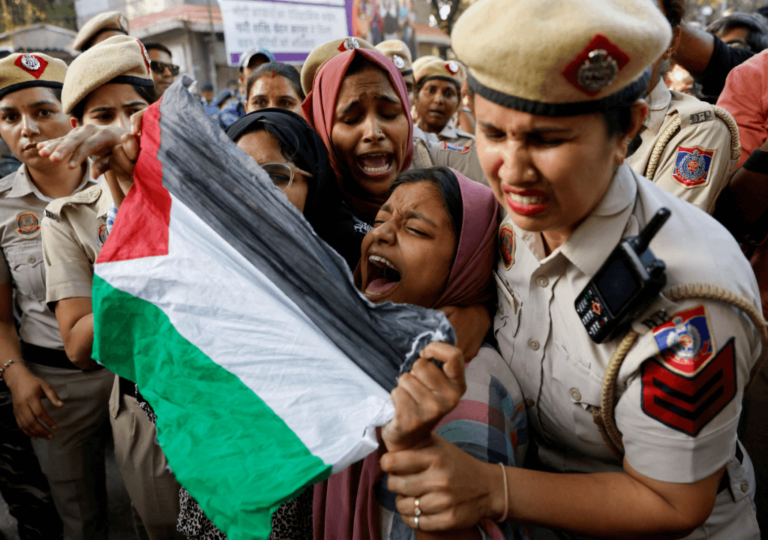
Protests in South Asia over the Israel-Palestine conflict reveal deep religious ties and societal divisions amid local issues

Protests in South Asia over the Israel-Palestine conflict reveal deep religious ties and societal divisions amid local issues
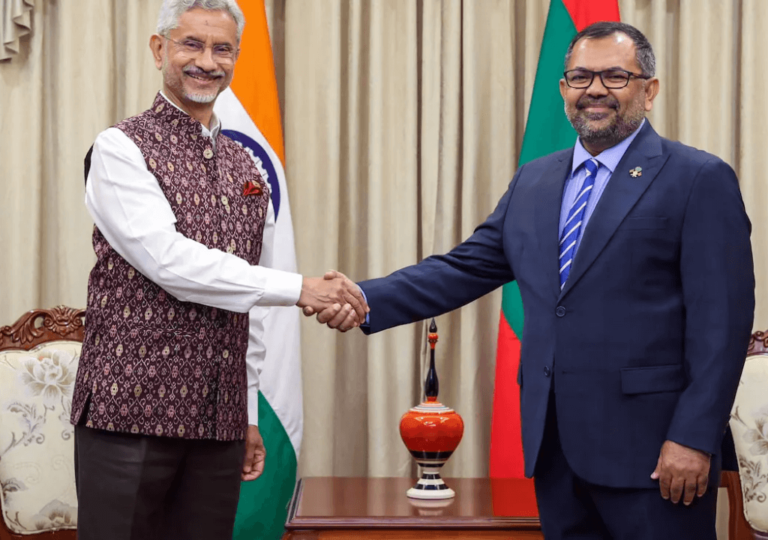
Maldives seeks to repair ties with India amid economic crisis, shifting from an "India Out" stance to diplomatic engagement
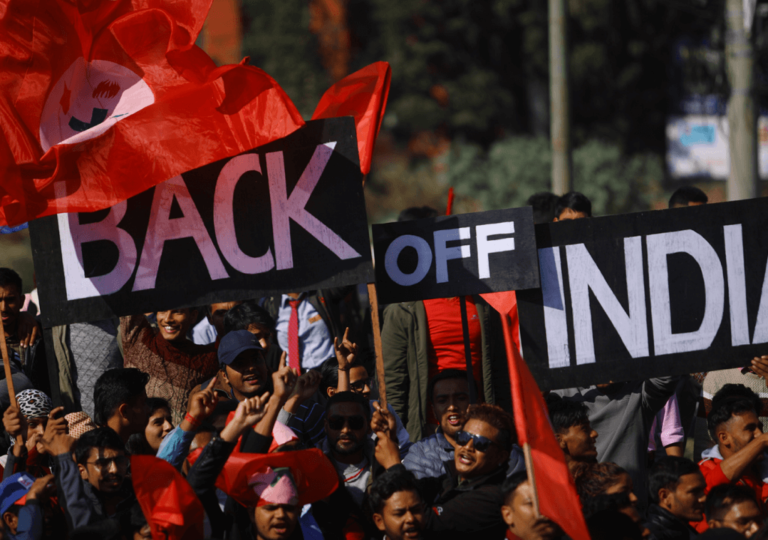
India's regional influence wanes as anti-India sentiment rises across South Asia
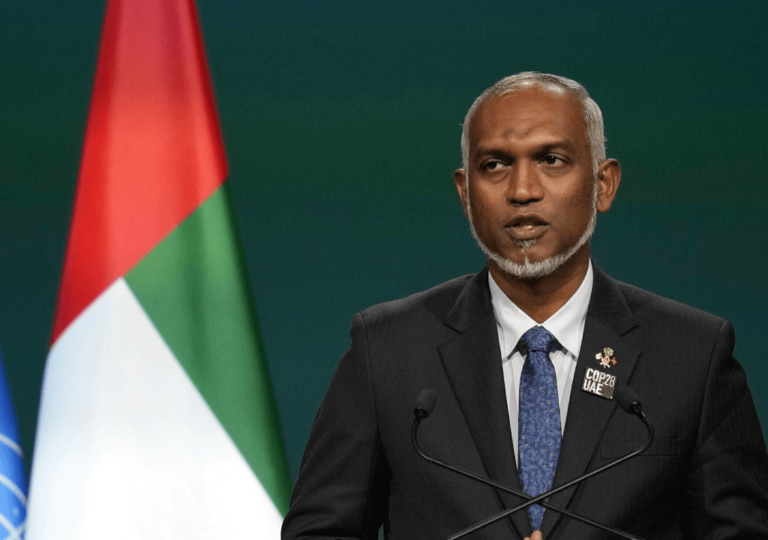
Maldives bans Israeli tourists amid Gaza conflict, risking economic consequences and diplomatic tensions with the West.
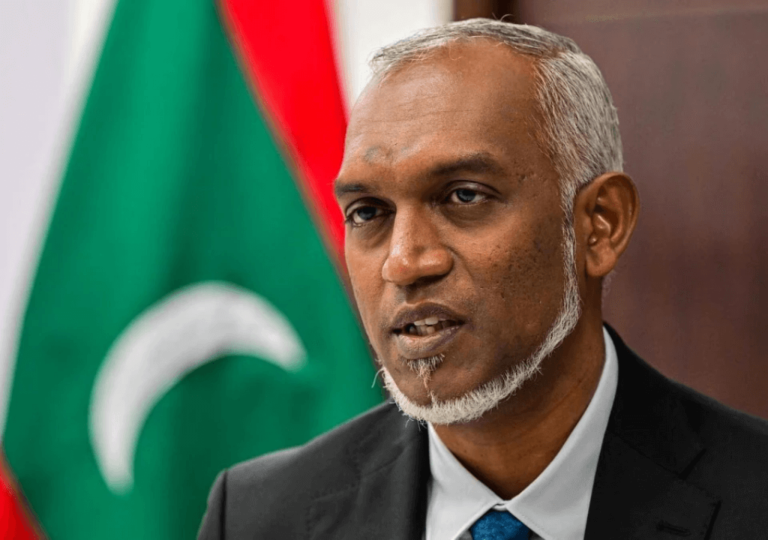
Maldives parliamentary election results show pro-China party's victory, raising concerns in India; Geopolitical tensions rise as Maldives shifts allegiance towards China.
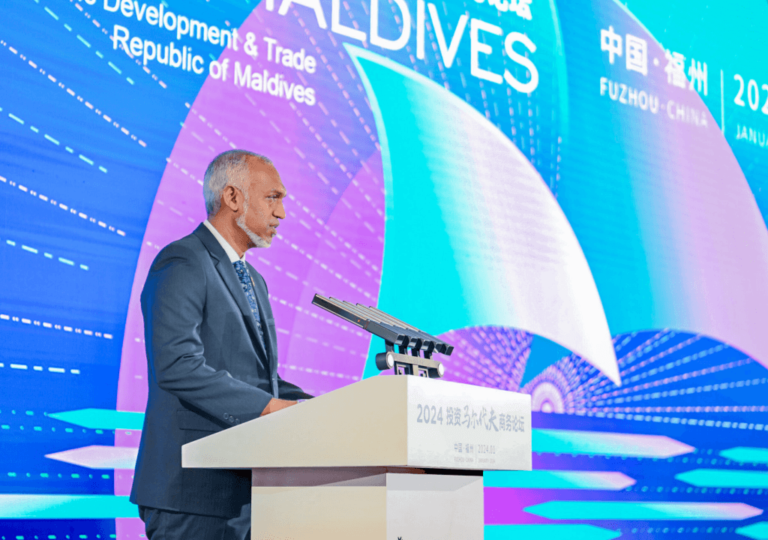
China strengthens military ties with the Maldives, triggering concerns from India. Maldives pivots to China, impacting regional geopolitics and tourism.